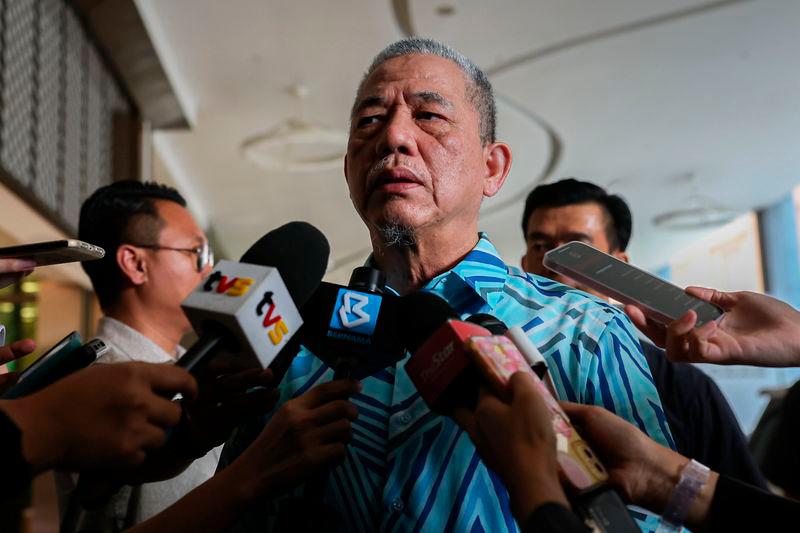KUCHING: Malaysia adopts a comprehensive approach, rather than just treating the problem, to solve the issue of river pollution in the country, said Deputy Prime Minister Datuk Seri Fadillah Yusof.
Fadillah, who is also the Minister of Energy Transition and Water Transformation, said preventive measures against river pollution have been actively pursued through state governments, local authorities and the establishment of committees at the district level to ensure the preservation of river ecosystems.
“These preventive measures can only be carried out at the community level, so here is where we bring in every agency involved and raise awareness so that everyone feels responsible for protecting rivers... a small action, yet it can save our rivers from being polluted,“ he said when approached by reporters after officiating Perayaan Duan Wu (a Dragon Boat festival) here today.
He said this in response to the views of an environmental expert who reportedly said that Malaysia tends to adopt a treating approach rather than preventing, resulting in the issue of river pollution being endless.
Fadillah said the recently established Special Committee to Address Deterioration of River Water Quality at the state level will detail integrated enforcement measures involving state, federal, and non-governmental bodies.
Furthermore, he said the direct disposal of sewage into rivers, especially in rural areas, is among the factors contributing to river pollution.
“There are still many villages and settlements along the rivers, including illegal ones, so the discharge (of sewage) goes directly into the river. it should be cleaned up and prevented from being discharged directly into rivers,“ he said.
On Thursday, Fadillah announced that 25 out of 672 rivers identified in Kedah, Penang, Selangor, Kuala Lumpur, Johor, and Sarawak were categorised as polluted, involving the classification of river water quality (IKA) as class three and four.
Additionally, 72 percent, or 486, of the monitored rivers by the Department of Environment were categorised as clean, while 24 percent, or 161 rivers, were classified as moderately clean.









